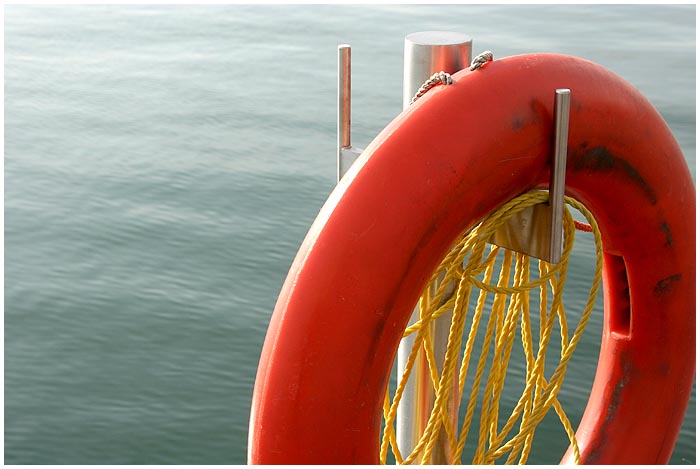Judge Not: What Does This Mean?
By Sarah Arnold
Before the heresy posts continue, a slight, but related, segue, is necessary, because any of us who do point out heresies have heard the following… probably a lot.
“Judge not, lest ye be judged.”
“No one can judge me but God.”
“Who are you to judge me?”
Liberal Christians of all denominational stripes like to throw those words at us. Even non-Christians like to start lobbing the “judge not” bomb as often as they can. These same people often tell us to “coexist” and preach a gospel of false tolerance. This goes farther than not just causing division (something else we are often accused of)—this is used as a way to justify sinful behavior. It’s worse than the warping and misquoting of Luther’s “sin boldly” (which is not a call to sin willy-nilly)—it’s pretending that what they are doing isn’t a sin at all. It is self-delusion at its finest.
But what does this “judge not” thing really mean?
Matthew 7:1 says, “Judge not, that you not be judged.” Luke 6:37 says similarly, “Judge not, and you will not be judged; condemn not, and you will not be condemned; forgive, and you will be forgiven;”
In both passages, the Greek root word “krino” or κρίνω, is at the heart of these verse. It means simply, “I judge, whether in a law-court or privately.” Strong’s Concordance continues this definition, including, “to separate, put asunder, to pick out, select, choose,” and “to pronounce an opinion concerning right and wrong” or “to pronounce judgment, to subject to censure.”
This particular Greek word for “judge” is driven by condemnation, not discernment. That distinction is important.
We are certainly called to discern—particularly when it comes to teaching and false teachers (see: Matt. 7:15, Matt. 23:2-33, Matt. 24:11 and 24, Mark 13:22, Luke 6:26, Luke 11:37-54, Romans 16:17-18, 1 Tim. 1:3-4, 1 Tim. 6:2-5, 2 Peter 2:1-3, 1 John 4:1, Jude 1:3-4, and so on).
Many good and useful things on this topic have already been written, so rather than repeat many of them, here are a few of my own thoughts and links to further resources:
- “Judge not,” does not mean to not discern a teaching. It means to not take the place of God and make a condemnation on a person (particularly, on their salvation).
- Anyone who says, “judge not,” is, in point of fact, making a judgment—doing the very thing they rail against. What they are really saying is, “You cannot judge because I already have.” They have made a condemnation of you rather than making an attempt to discern. In many ways, they are attempting to take the place of God instead of letting His clear Word speak truth.
- Judging teaching and discerning teachers is an act of love—and point out false teaching is loving our neighbor. Can it be done poorly? Of course, but that doesn’t mean it should be at all.
- “Coexisting” is not loving when those who want you to coexist want you to submit rather than actually coexisting.
- Judging is actually tolerant, contrary to what most would have you believe. Tolerance implies disagreement. Tolerance is true coexistence—it means passing a judgment, acknowledging disagreement, and then not condemning someone but, for lack of a better phrase, “hating the sin but loving the sinner.” (a phrase I really hate, because its comes from Ghandi, not anything Christian—perhaps better is Augustine’s “Cum dilectione hominum et odio vitiorum,” or roughly, “with love for mankind and hatred of sins,” but it’s not as catchy.)
Some additional resources for the topic of judgment and “judge not” are:
- Pr. Bryan Wolfmueller of Hope Lutheran Church (Aurora, CO) recently gave an excellent sermon on this very topic, which you can read an except from here.
- Pr. Jonathan Fisk of St. John’s Lutheran Church (Oakes, ND) had a really good video on this topic several years ago for Worldview Everlasting. You can watch it here.
- Pr. Karl Weber of St. Paul’s Richville Lutheran Church and St. John’s (Ottertail, MN) wrote another great piece on this topic over at Brothers of John the Steadfast.
When it comes to heresies, it is our job as Christians to judge and make discernments about teaching. So do judge, lest our church entirely be consumed by false teaching! And maybe remind those who tell us not to judge that they have, in fact, already passed a judgment themselves, and that it’s the wrong kind of judgment. Will you change minds? Maybe not. But that doesn’t mean it isn’t worth trying.



